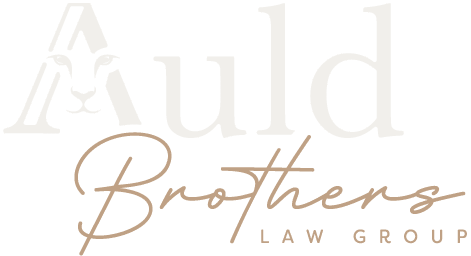When a family member requires increased care in a nursing home setting, fears can arise about whether their assets will be drained to meet the long-term care expenses. On top of the natural emotional strain, questions can surface quickly about how to protect parents’ assets from nursing home costs. Will their hard-earned savings, home, and other assets disappear?
If this is a situation you face with a loved one, feelings of confusion and urgency are understandable. Fortunately, with the right legal strategies, there are ways to protect your parents’ assets from nursing home costs while being sure they still receive the care they need.
How Medicaid Works in Pennsylvania
In Pennsylvania, Medicaid (also known as Medical Assistance) is the primary government program that helps cover nursing home costs for those who qualify. However, Medicaid eligibility has strict income and asset limits. Without proper planning, parents may need to spend down much of their savings before they can qualify for benefits.
Asset protection planning helps preserve as much of your parents’ wealth as possible to pass it down to future generations or use it for their supplemental needs—rather than being spent entirely on long-term care.
Legal Strategies To Protect Parents’ Assets
An experienced elder law attorney will help you get the correct information and explore the best strategies to protect parents’ assets from nursing home costs. Some of the most effective tools in Pennsylvania include:
- Medicaid Asset Protection Trusts (MAPTs): These irrevocable trusts allow parents to transfer assets out of their names, helping protect those assets from being counted for Medicaid eligibility purposes after a five-year look-back period.
- Spousal Protections: The Pennsylvania Medicaid rules include special protections for married couples to ensure the healthy spouse (the community spouse) is not left impoverished if their partner requires nursing home care.
- Gifting Strategies: While outright gifts can trigger Medicaid penalties, careful planning can allow limited gifting without jeopardizing future eligibility.
- Exempt Assets: Certain assets, including a primary residence (in some cases) and personal belongings, may be exempt from Medicaid calculations. Knowing which assets are protected can make a significant difference.
Timing Matters — Why Early Planning Is Essential
When Judy’s father suffered a sudden stroke, her family faced the unexpected and overwhelming reality that he may no longer be able to live safely at home. After months of rehabilitation, it became clear that long-term nursing home care was his safest option. As Judy and her siblings explored scenarios, they quickly realized how costly nursing home care in Pennsylvania can be. On top of the natural emotional strain, they were deeply concerned about how to protect his assets from being consumed by long-term care expenses.
While we can’t know when emergencies will arise, we can be more prepared for them. The earlier families begin planning for aging parents, the more options they have for protecting assets. Medicaid’s five-year look-back period means that any significant gifts or asset transfers made within five years of applying for Medicaid can be scrutinized and potentially penalized unless they meet certain exceptions.
That said, even if your parent is already in long-term care, it is not too late to explore asset protection strategies. A knowledgeable elder law attorney can still help maximize protections under Pennsylvania law.
Common Misconceptions About Nursing Home Asset Protection
It is common for families to feel hesitant or even guilty about protecting assets from nursing home costs. After all, nursing homes provide valuable, round-the-clock care for loved ones. However, asset protection planning is not about hiding money—it is about being certain that your parents’ resources support their quality of life and preserve a legacy for future generations.
Some facts to keep in mind:
- Nursing homes themselves do not determine Medicaid eligibility.
- Protecting assets is legal and encouraged through tools like trusts and exemptions.
- Proper planning helps balance care needs with preserving family wealth.
Find Peace of Mind With Auld Brothers Law Group
Navigating the complexities of elder law and asset protection for your family can feel overwhelming, but you don’t have to face it alone. Auld Brothers Law Group helps families across Pittsburgh and beyond protect their hard-earned assets while ensuring their loved ones receive the excellent care they deserve.
Whether your parents are still living independently, ready to enter a nursing home, or already receiving care, it is never too early—or too late—to explore your options. Contact Auld Brothers Law Group today to schedule a consultation and find the peace of mind that comes with having a personalized asset protection plan. Contact Auld Brothers Law Today

